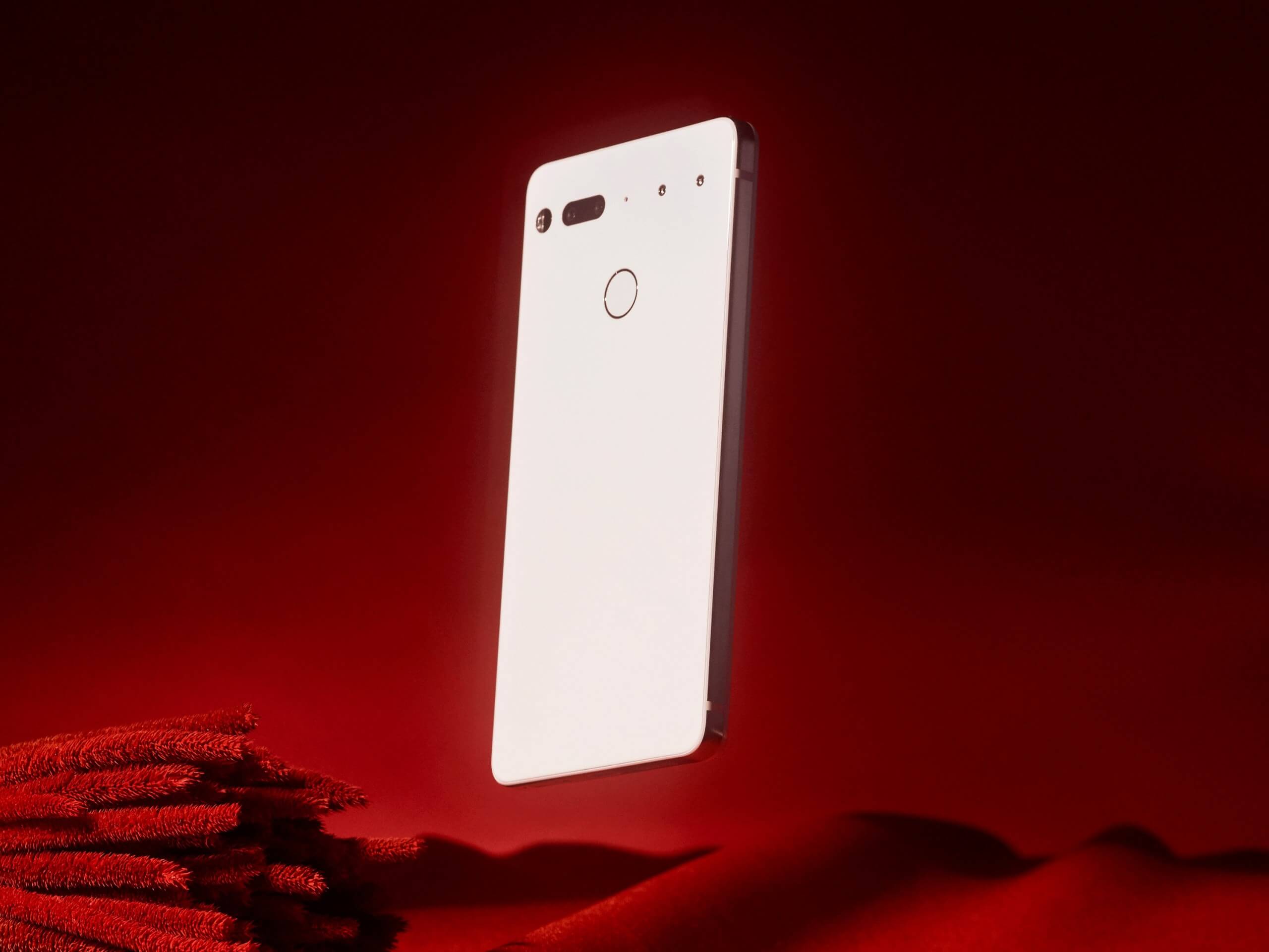Big quote: "We are sold out of Essential Phone on essential.com and won't be adding any new inventory. We are now hard at work on our next mobile product and will continue to sell accessories and provide speedy software updates and customer support to our existing community."
After customers noticed yesterday that the Essential Phone was out of stock on Essential's own website, the company admitted that they're officially discontinuing it. For now, it's still available on online retailers like Amazon (going for $430), but that's unlikely to last long.
Despite lots of teasing about how the Essential Phone 'wasn't so essential after all,' it was the first to introduce one feature that grew to become all but essential: the notch. Even though the iPhone X launched with the same feature shortly after, it wasn't really until the OnePlus 6T that any other phone did the notch better, i.e. smaller.
Nearly two years later the Essential phone still has big names like Samsung beat in certain areas. Its titanium frame is durable and it received the Android Pie update only hours after the Pixels did. After its price was cut from $700 to below $500, it was also the cheapest phone with the Snapdragon 835 available in the US for about a year.
But despite all this, the phone's (relative) failure was deserved. It shipped months after its release date full of bugs and with an atrocious camera app, and it was plagued with a scandal regarding its creator Andy Rubin, a lawsuit and its website being hacked.
The result was the phone only sold 88,000 units in its first six months, the promised modules never really arrived, and the company laid off a third of its staff and was put up for sale.
But apparently the company wants another shot at creating something essential.
In October, Essential's alleged plans were leaked: a new small-screen phone that would rely on voice commands to navigate and AI to construct text messages and emails for you. Intriguingly, Essential has revealed today that they're working on a "mobile product" but they refuse to confirm or deny if it's a phone, even when directly asked.
